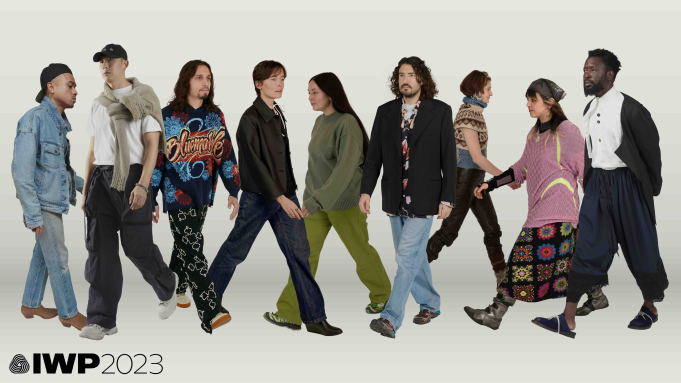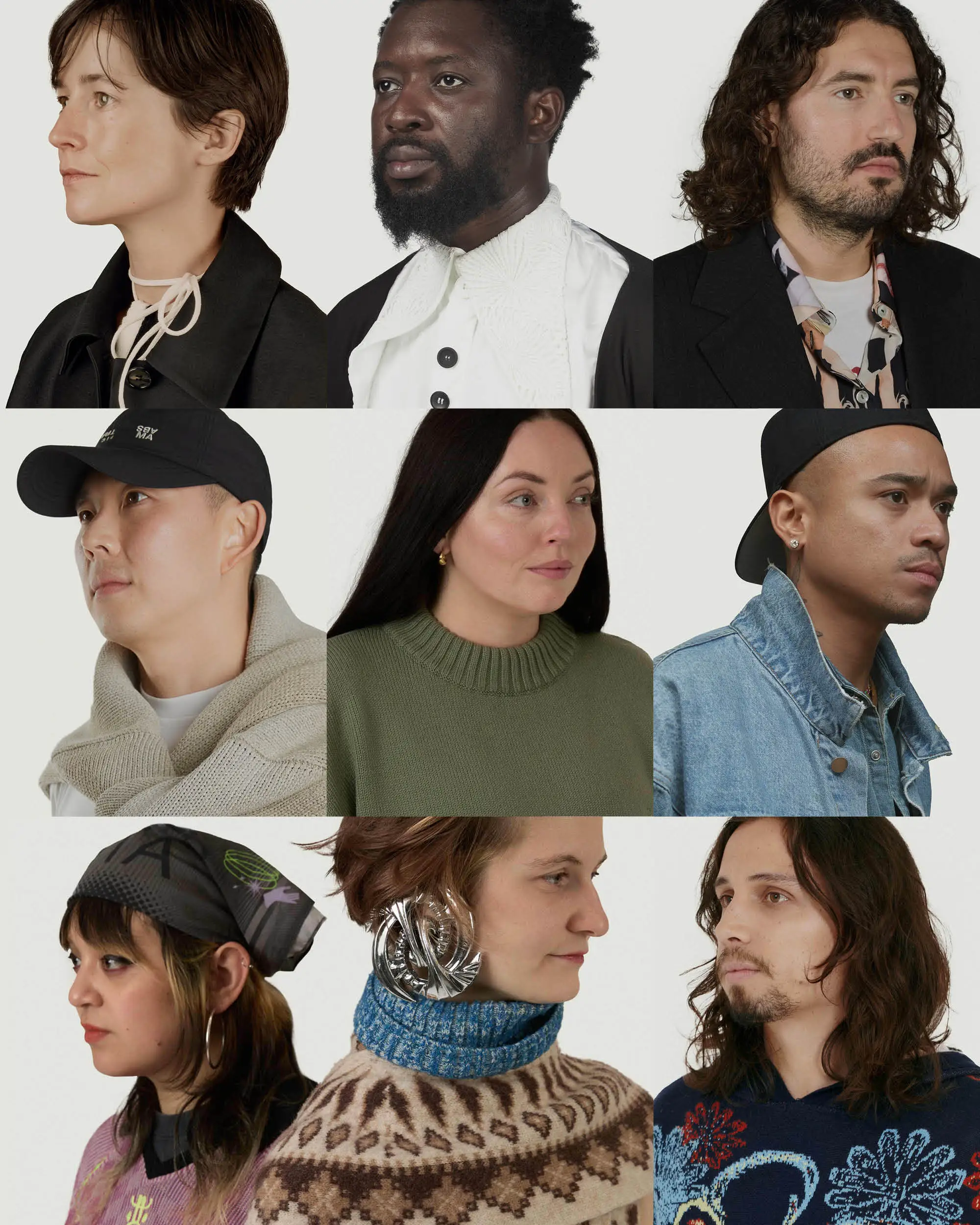Rhude, Bluemarble and Robyn Lynch Among Eight International Woolmark Prize Finalists
Each designer will develop a merino wool capsule as part of their fall 2023 collections. The grand prize winner will take home 200,000 Australian dollars.

A new cohort of finalists for the 2023 International Woolmark Prize, eight brands from eight nations, has been revealed.
They are Rhuigi Villaseñor, founder of Rhude and creative director of Bally; Jaehyung Lee, who is behind the South Korean brand Maxxij; Anthony Alvarez, founder of Bluemarble; Amalie Roege Hove of the Danish knitwear brand A. Roege Hove; Irish menswear designer Robyn Lynch; Marco Rambaldi from Italy; design duo Lucile Guilmard and Paolina Russo of the label Paolina Russo, and Adeju Thompson, founder of Lagos Space Programme.
John Roberts, managing director of the Woolmark Company, which helps some 60,000 Australian woolgrowers promote their products, said this year’s selection “represents the next generation of creative game-changers who all want to design fashion for a better tomorrow.”
“As the fashion and textile industry continues to evolve amongst an ever-changing landscape, we hope that our support throughout the International Woolmark Prize will inspire and propel design and business strategies of our eight finalists,” he added.
Roberts said this year’s theme for the prize is “Dialogue,” and it was chosen as a catalyst to “ignite creative conversations across all generations and geographical locations.”
“We see this as a celebration of finding common ground amongst creatives, but also reflects our own mission to connect emerging design talent with established industry bodies to collectively envision more sustainable operations and growth.
“Amidst a war, energy crisis, and a global health pandemic, there is still a lot of hope and there has never been a better time for cross-industry collaboration. The Woolmark Prize encourages and connects players from various industries to come together so we can all remain relevant, innovative, and future-facing,” he said.
Each label will be given 60,000 Australian dollars to design a merino wool capsule as part of their fall 2023 collections. They will be judged on whether the capsules successfully “highlight the innate versatility, innovative nature and eco-credentials of merino wool,” when picking the winner of the top prize. The winner will receive a 200,000 Australian dollar, or $132,230, cash prize, the opportunity to be stocked at top fashion retailers, and business mentorship.
The honor of Karl Lagerfeld Award for Innovation with a cash prize of 100,000 Australian dollars, or $66,115, will be given to another finalist. The Woolmark Supply Chain Award, which goes to a trade partner in the global wool industry, is usually revealed prior to the final.
The winners are selected by a group of industry experts, which includes Farfetch’s chief brand officer Holli Rogers, and Shaway Yeh, founder of YehYehYeh, one of China’s leading sustainability agencies.

The British Guyanese designer Saul Nash was named the winner of the 2022 International Woolmark Prize in April. Ten days later, he was also named the recipient of this year’s Queen Elizabeth II Award for British Design.
Previous winners of the International Woolmark Prize include Matty Bovan, Richard Malone, Bode, Rahul Mishra, Edward Crutchley, and Matthew Miller, as well as Karl Lagerfeld, Yves Saint Laurent, and Valentino Garavani.
Roberts admitted that the Australian wool sector is now under pressure as “high inflation from high energy costs is having a real impact on demand,” but he believes that there are “enormous opportunities as more and more consumers demand more sustainable fashion,” a theme many finalists have been working on for their Woolmark Prize capsules in recent years.
With so many new ideas gathered from these emerging talents, he touted that the Woolmark Company has “never been better prepared to take on these challenges and in many cases transition them into real opportunities.”
“Innovations continue to pave the way forward for Australian Merino wool. Casualization continues to grow, reducing dependency on traditional tailoring. Breakthrough knitwear technology creates high-performance apparel with unique constructions whilst minimizing waste, and unique merino wool fabrications offer alternatives to fabrics usually dominated by synthetics.
It’s these collective attributes that mean no other fiber – natural or man-made – can match all of wool’s unique, inherent and natural properties and it really is why we’re so proud to market Australian wool as the best wool in the world,” Roberts said.
